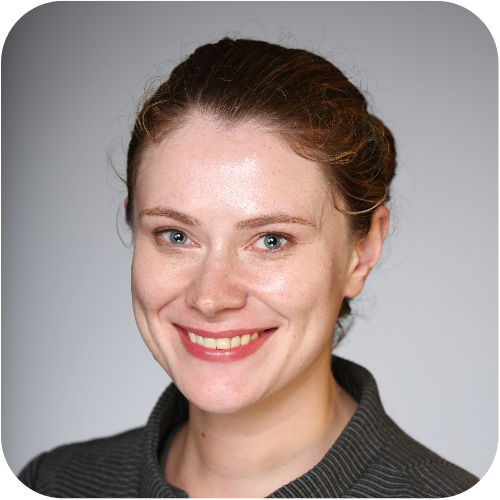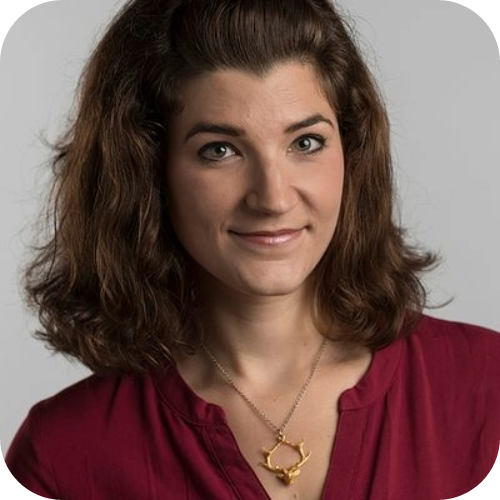JEDI 2023 Annual Meeting
Improving Published Research
The Journal Editors Discussion Interface is pleased to announce its 2023 Annual Meeting events:
Panel 1: Experiences with Correcting the Scientific Record
Panel 2: Transparency & Innovation in Peer Review
Join a group of experts as they delve into the practical aspects of rectifying or withdrawing publications, offering valuable experiences and perspectives on the motivations and complexities involved.
Video recording: https://www.youtube.com/watch?v=72jHzR432hQ
Explore the evolving landscape of peer review with the panelists as they discuss challenges and opportunities related to transparency, open reviewer identities, open content in reviews, new ways to provide post-publication evaluations of scholarly manuscripts, and more.
Video recording: https://www.youtube.com/watch?v=KL8trP0mVJ4
Panel 1: Experiences with Correcting the Scientific Record
Panel duration: 90 minutes
Date: November 15 / 16
Start times: 9am Melbourne (Nov 16), 11am Auckland (Nov 16), 2pm US Pacific (Nov 15), 5pm US Eastern (Nov 15) [See in other time zones]
Panelists

Simine Vazire, Melbourne School of Psychological Sciences, University of Melbourne (chair)
Simine Vazire is a professor in the Melbourne School of Psychological Sciences at the University of Melbourne. She has two lines of research. One examines people's self-knowledge of their personality and behaviour and another examines the individual and institutional practices and norms in science, and the degree to which these norms encourage or impede scientific self-correction. She co-founded the Society for the Improvement of Psychological Science (SIPS) and has been editor of a number of journals. She is the incoming Editor in Chief of Psychological Science. Simine will discuss the role of journals in encouraging post publication critique and correction.

Caitlin Bakker, Discovery Technologies Librarian, University of Regina
Caitlin Bakker is the Discovery Technologies Librarian at the University of Regina in Regina, Saskatchewan. She is co-chair of the CREC (Communication of Retractions, Removals, and Expressions of Concern) Working Group, and is currently an external PhD candidate at Maastricht University, where her research focuses on the discovery, representation and use of retracted publications in the health sciences. Caitlin will discuss the challenges of identifying retracted publications across publishers, journals and aggregators, and the solutions proposed in the National Information Standards Organization (NISO)'s recommended practices.

Julia Strand, Department of Psychology, Carleton College
Julia Strand is an Associate Professor and Chair of Psychology at Carleton College in Northfield, MN, USA. Her empirical work addresses how humans understand spoken language. In addition to her empirical work, Julia also writes about open science, meta-science, R, methodology, measurement, and transparency in research. She has served as an Associate Editor at Advances in Methods and Practices in Psychological Science and on the programming committee for the Society for the Improvement of Psychological Science. Julia will discuss the experience of finding a mistake in a published paper of hers that invalidated the conclusion, and publishing a revised version of the paper in the same journal that presented the results with the error corrected.

Rachel Safer, Oxford University Press / Committee on Publication Ethics (COPE)
Rachel L. Safer started her career editing political science and history textbooks for an imprint of Macmillan Learning, and now she is Executive Publisher, Ethics & Integrity at Oxford University Press, working remotely from Boston. Since 2016, she has also served as a Council Member of the Committee on Publication Ethics (COPE). Rachel will discuss COPE's Retraction Guidelines, as well as others ways journal editors might deal with mistakes in published papers such as issuing Corrections or Expressions of Concern.
Panel 2: Transparency in peer review: challenges and opportunities
Panel duration: 90 minutes
Date: November 15 / 16
Start times: 8am US Pacific, 11am US Eastern, 1pm São Paulo, 4pm London, 5pm Amsterdam (Nov 16) [See in other time zones]
Panelists

Ludo Waltman, Centre for Science and Technology Studies, Leiden University (chair)
Ludo Waltman is professor of Quantitative Science Studies and deputy director at the Centre for Science and Technology Studies (CWTS) at Leiden University. He is also affiliated with the Research on Research Institute (RoRI). His work focuses on infrastructures, algorithms, and tools to support research assessment, science policy, and scholarly communication. Ludo is member of the board of ASAPbio, chair of the advisory board of OpenCitations, and coordinator of the Initiative for Open Abstracts (I4OA). Together with his colleague Nees Jan van Eck, Ludo has developed the well-known VOSviewer software for bibliometric visualization. Ludo is coordinator of the CWTS Leiden Ranking, a bibliometric ranking of major universities worldwide. In addition, Ludo served as Founding Editor-in-Chief of the journal Quantitative Science Studies.

Karli Montague-Cardoso, Executive Editor, PLOS Mental Health
Karli Montague-Cardoso is a Neuroscientist with 15 years of experience in academic research. She received both her BSc and PhD in Neuroscience at University College London before completing two postdoc positions at King's College London. She then gained editorial experience at Springer Nature where she was the Deputy Editor at Communications Biology, overseeing the development and training of the journal’s editorial board and handling neuroscience submissions. Karli was also the Consulting Editor for mental health content at Communications Medicine and the Advisory Editor for npj Aging. In addition, she carried out a secondment at Nature Neuroscience and freelanced for Nature Aging and BMC Psychiatry. She also led the Springer Nature Neuroscience Editorial Community for over 2 years. Karli joined PLOS in July 2023 and is currently the Launch Executive Editor for a new journal, PLOS Mental Health. Karli will discuss her experiences in all roles associated with peer review and her personal thoughts about how this process can be be improved with all players in mind - authors, reviewers, and editors.

Rob McIntosh, Professor of Experimental Neuropsychology, University of Edinburgh
Rob McIntosh has been closely involved in the founding and development of new article formats at the Cognitive Neuroscience journal, Cortex. He is currently Registered Reports Editor, Exploratory Reports Editor, and Transparency and Openness Promotion Editor at Cortex, and the Open Science Officer at the British Neuropsychological Society. He is also a Recommender for Peer Communities in Registered Reports, which he will talking about on this panel. Rob will describe the key features of the Registered Reports format, in which peer review takes place before the study has been run, and its implementation at Peer Communities in Registered Reports (PCI-RR).

Serge Horbach, Danish Centre for Studies in Research and Research Policy, Aarhus University
Serge P.J.M. Horbach works at the Danish Centre for Studies in Research and Research Policy, Aarhus University, Denmark. Trained as a mathematician, he currently works in STS and Sociology of Science. His main research interests include scholarly communication, research evaluation and science´s quality assurance mechanisms, with a particular focus on research integrity and journal peer review. His latest work is on open science, particularly open peer review, and on public trust in science, mainly through the Horizon Europe POIESIS project, which he coordinates. He also has a particular interest in the impact of automated tools, including generative AI, on science and scholarly communication. Serge will briefly discuss the various elements of Open Peer Review (OPR), present the latest evidence on its efficacy, and highlight open questions to be addressed.
